Best places to buy a vacation home in the world
Thinking about buying a vacation home? Read on for the top 10 best places to buy a vacation home around the world and their relative costs.
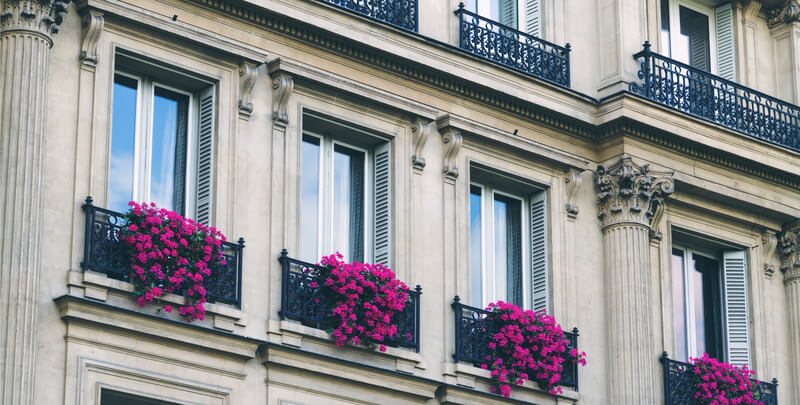
Property in France is a hot choice for those looking to get a more permanent taste of the French lifestyle, and it's not just the wine and weather that makes it attractive. A quick peek at property prices reveals why.
With lower land prices than densely populated neighbouring countries and a well developed rental sector, French properties tend to be comparatively cheap.
If you're thinking of buying a property in France, then finding a mortgage is probably high on your ‘to do’ list. Use this guide for practical tips on getting the best mortgage deal.
Non-residents can get a mortgage in France, although the process may take a little longer than if you’re already resident.
Historically, mortgage rates in France have been favourable compared to countries like the UK. This, along with the increase in bilingual banking services, has made getting a French mortgage a very attractive option.
It can be beneficial to open (and fund) a bank account in France as soon as possible. Not only can it speed up the process, it may also be easier to prove your ability to pay the house deposit and repayments.
If you want to secure a mortgage from a lender in France, you’ll first need to sign a sales contract for the property you’re buying. The specific mortgage you get will depend on the house you choose.
However, oftentimes it’s difficult to buy property without some sort of pre-approval. Try to obtain a ‘mortgage in principle’ certificate from the bank beforehand. It states the mortgage a bank is prepared to give you, and should help your negotiations with a seller.
Mortgages in France can be fixed or variable rate. Though fixed rates are the more popular option, keep a look out for mortgages that are variable, but with capped monthly payments. They’re known as a prêt modulable or flexible mortgages. The payment cap means if the interest rates increase beyond a certain point, the mortgage duration will simply lengthen.
If you were looking to buy a property in order to lease it out, many French banks will accommodate you for part of the purchase price. Check ahead before you get serious on that deal. While ‘Interest Only’ mortgages aren’t nearly as popular in France as countries like the UK, some banks do offer them. Do some research beforehand or ask your bank to get a feel for which option may best suit your needs.
Rates and affordability
The mortgage amount that lenders offer depend on individual circumstances. It’s generally calculated using two ratios:
When looking at affordability, banks will make sure your income is stable and your total debt is manageable. As a general guideline in France, your mortgage should cost no more than around 30% of your net income.
As far as your LTV ratio, lenders often give a minimum loan of €50 - 100k and may offer up to 80% LTV of the property’s worth.
Compared to markets such as the UK, the set-up charges of a mortgage tend to be rather high. However, depending on the deal you make, it’s possible that the charges may be offset by lower interest rates. Overall charges likely amount to 7-10% of the property cost and are generally broken down like this:
Mortgage rates in France are directly linked to the European Central Bank interest rate, Euribor. French rates tend to start at Euribor +2%.
When applying for a loan, you’ll need to provide a significant amount of documentation to the lender to prove your eligibility. Although exact terms vary, expect to need any or all of the following:
Legally, couples who are married or in a civil partnership are both liable for the mortgage payment, even if the actual mortgage is only in one name.
When deciding which French mortgage type is right for you, you have several things to take into consideration - not least, the costs attached to the type of package you go for.
There are three options for mortgages in France:
1. Hypothèque conventionelle / Conventional charge
The conventional mortgage in France has relatively high notary fees - around 2% of the purchase price. If you plan on paying off the loan or re-selling the property in the next two years, pay attention to the fine print. Often with these mortgages, you’ll pay additional fees if you resell or pay it off too early.
2. Hypothéque de privilège de prêteur de deniers / Priority lien charge
Don't be put off by the archaic name, this could be the best choice if you're buying an older property and want a longer-term mortgage. However, you’ll want to be aware that it's not an option for new construction, improvements, or if you’re purchasing land without a structure already built upon it. Expect notary fees around 1% and terms that may possibly stretch to 50 years depending on your circumstances. Like with conventional mortgages, you’ll be liable for a further fee (in the region of 3%) if you end the mortgage within the two year term.
3. La société de cautionnement / Institutional guarantee
If you are a French fiscal resident and have a good credit history, you may be eligible for a mortgage under institutional guarantee. This option is usually quicker to arrange than others and can offer a cheaper fee structure. If you’re only looking for short-term finance, there’s no penalty for paying off or ending the mortgage early on this one.
Due to the fact that some banks offer discounted rates to mortgage agents who bring large amounts of business to them, using a broker is a popular option.
Not only can a broker often get you better rates than a regular lender, but they can also help you arrange the mandatory insurance under French law to cover you in the event you can’t pay back your home loan. Costs may vary significantly, but depending on age and health considerations, it’s normally around 0.5% of the mortgage amount. A broker may also be able to help you achieve a good deal on this additional cost.
However, using a broker does come with charges, so you’ll have to do some shopping around to make sure a lender isn’t a better option. Ask to speak to previous customers if you’re not sure about the agent’s credentials. Many firms offer a free chat or ‘decision/agreement in principle’ quote to allow you to get a feel for the deals they can help you achieve. So do your research.
Major banks will only offer you a mortgage if you already have an account with them, so be prepared to open one if you wish to get a loan.
Other lenders include a range of regionally-operating mutual banks (their policies and offers may vary based on the location), international lenders, or La Banque Postale which operates through the post office network and offers local banking throughout France.
In contrast to mutual banks that vary by region, national banks offer the same policies and loans no matter the branch. Unless your French is strong enough to tackle legal lingo and negotiations, you might achieve a better deal using a local broker.
BNP Paribas in France
HSBC in France
Whether you're looking for a holiday home in a rural French village, or a permanent foothold in one of the cities, you can find it at a very reasonable price. Get yourself a good deal on a mortgage, and you're all set to make your move to France a reality.
*Please see terms of use and product availability for your region or visit Wise fees and pricing for the most up to date pricing and fee information.
This publication is provided for general information purposes and does not constitute legal, tax or other professional advice from Wise Payments Limited or its subsidiaries and its affiliates, and it is not intended as a substitute for obtaining advice from a financial advisor or any other professional.
We make no representations, warranties or guarantees, whether expressed or implied, that the content in the publication is accurate, complete or up to date.

Thinking about buying a vacation home? Read on for the top 10 best places to buy a vacation home around the world and their relative costs.
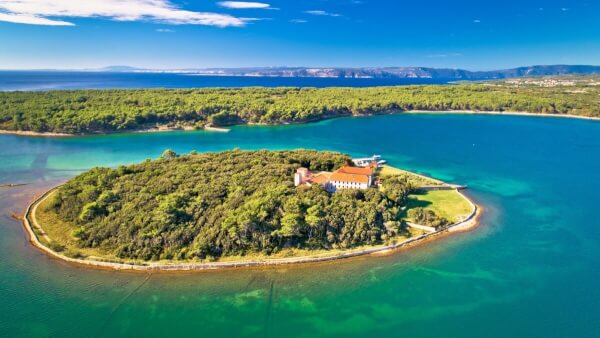
Find out the true cost of owning a private island, how to buy one, and the top destinations for island ownership around the world.
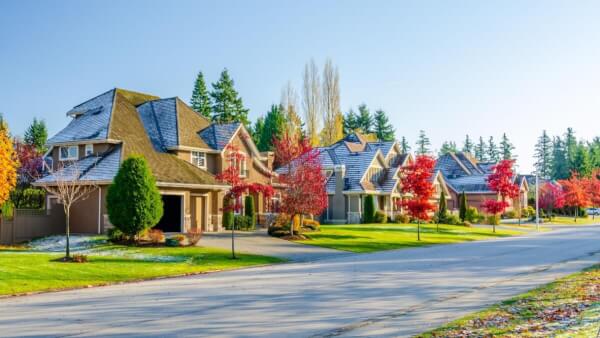
Find out what you need to know about getting a mortgage in Canada when buying property abroad as an American.
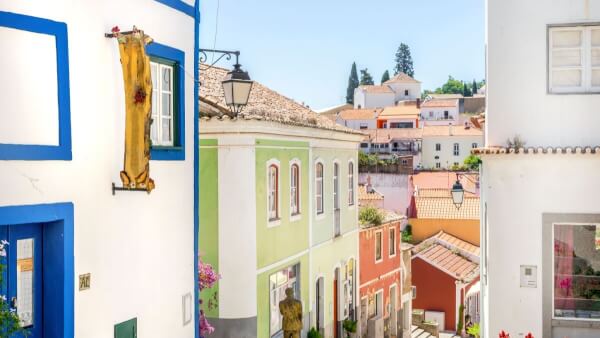
Find out what you need to know about getting a mortgage in Portugal when buying property abroad as an American.
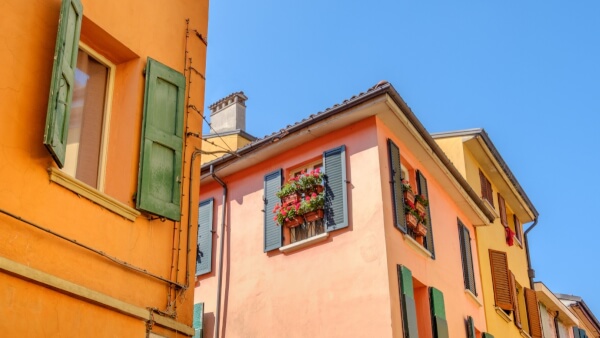
Find out what you need to know about getting a mortgage in Italy when buying property abroad as an American.
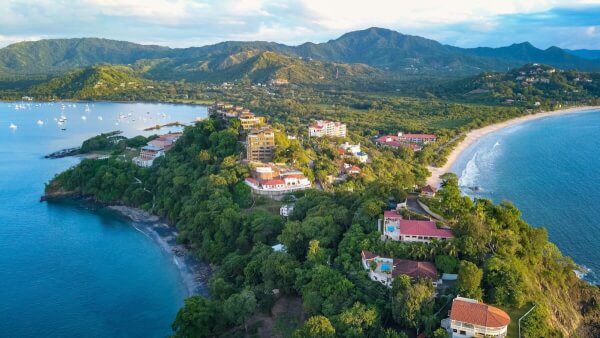
Find out what you need to know about getting a mortgage in Costa Rica when buying property abroad as an American.